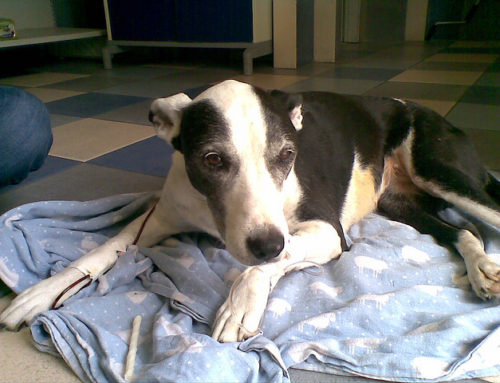Human Foods Dogs Can and Can’t Eat
Almonds: No, dogs shouldn’t eat almonds. Almonds may not necessarily be toxic to dogs like macadamia nuts are, but they can block the esophagus or even tear the windpipe if not chewed completely. Salted almonds are especially dangerous because they can increase water retention, which is potentially fatal to dogs prone to heart disease.
Bread: Yes, dogs can eat bread. Small amounts of plain bread (no spices and definitely no raisins) won’t hurt your dog, but it also won’t provide any health benefits either. It has no nutritional value and can really pack on the carbohydrates and calories, just like in people. Homemade breads are a better option than store-bought, as bread from the grocery store typically contains unnecessary preservatives, but it’s best to avoid it altogether.
Cashews: Yes, dogs can eat cashews. Cashews are OK for dogs, but only a few at a time. They’ve got calcium, magnesium, antioxidants, and proteins, but while these nuts contain less fat than others, too many can lead to weight gain and other fat-related conditions. A few cashews make a nice treat, but only if they’re unsalted.
Cheese: Yes, dogs can eat cheese in small to moderate quantities. As long as your dog isn’t lactose intolerant, which is rare, but still possible in canines, cheese can be a great treat. Many kinds of cheese can be high in fat, so go for lower-fat varieties like cottage cheese or mozzarella.
Coconut: Yes, coconut is OK for dogs. This funky fruit contains lauric acid, which can help combat bacteria and viruses. It can also help with bad breath and clearing up skin conditions like hot spots, flea allergies, and itchy skin. Coconut milk and coconut oil are safe for dogs too. Just be sure your dog doesn’t get its paws on the furry outside of the shell, which can get lodged in the throat.
Corn: Yes, dogs can eat corn. Corn is one of the most common ingredients in most dog foods. However, the cob can be hard for a dog to digest and may cause an intestinal blockage, so if you’re sharing some corn, make sure it is off the cob.
Eggs: Yes, dogs can eat eggs. Eggs are safe for dogs as long as they are fully cooked. Cooked eggs are a wonderful source of protein and can help an upset stomach. However, eating raw egg whites can contribute to biotin deficiency, so be sure to cook the eggs all the way through before giving them to your pet.
Peanuts: Yes, dogs can eat peanuts. Unlike almonds, peanuts are safe for dogs to eat. They’re packed with good fats and proteins that can benefit your dog. Just be sure to give peanuts in moderation, as you don’t want your dog taking in too much fat, which can lead to pancreas issues. Also, avoid salted peanuts.
Popcorn: Yes, dogs can eat popcorn. Unsalted, unbuttered, air-popped popcorn is OK for your dog in moderation. It contains riboflavin and thiamine, both of which promote eye health and digestion, as well as small amounts of iron and protein. Be sure to pop the kernels all the way before giving them to your dog, as unpopped kernels could become a choking hazard.






Leave A Comment
You must be logged in to post a comment.